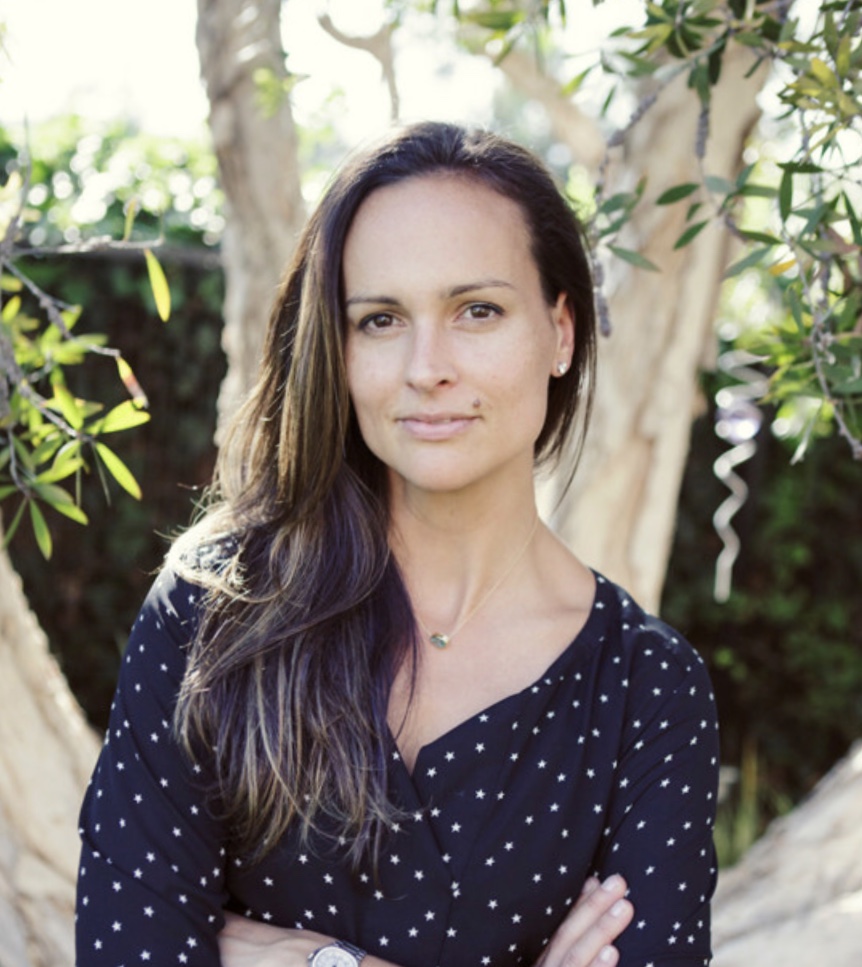I recently listened to The Dare To Lead podcast with Brené Brown, a leadership expert, best-selling author, and research professor at the University of Houston. Brown has spent the past two decades studying courage, vulnerability, shame, and empathy.
In the podcast, she interviews Dr. Susan David, one of the world’s leading management thinkers and an award-winning Harvard Medical School psychologist. Susan is the author of the bestselling book, Emotional Agility: Get Unstuck, Embrace Change, and Thrive in Work and Life.
Their conversation focuses on how emotional agility benefits us as individuals, parents, and leaders, and that really resonated with me and how we can also apply it to education
Emotional Agility
Dr. David describes this concept of emotional agility as the recognition that we have thoughts every day and we need a set of skills that we use to deal with them in a healthy manner.
She explains that emotional agility helps people to identify how their emotions affect their thoughts, actions, and behaviors but it doesn’t invalidate or deny emotions. Instead, it treats them as data that we can learn from without being dominated by the emotion.
So how do you develop this emotional agility and these skills of being healthy with your emotions?
Showing Up To Difficult Emotions
“Discomfort is the price of admission to a meaningful life” -Susan David
Most people want to ignore or suppress difficult emotions. Brown and David talk about our culture of “toxic positivity”, where we are conditioned to focus on the positive. We are taught that if we feel difficult emotions then there is something wrong with us.
Yet, this emphasis on positivity is dangerous. It creates a context where one is living in the world as they wish to see it, but not as it really is. It undermines our ability to address what’s really bothering us and move forward, in essence it denies the existence of more challenging emotions.
I could agree more. I wrote a children’s book and school curriculum teaching the same principals: that emotions live inside of us all the time, they don’t control us and we don’t control them. Every emotion has one job and that is to deliver a message. If you ignore an emotion, it will only get louder and louder. If we bottle the emotion, it can lead to feelings of depression and anxiety. The problem is that we are ever visited by one emotion at a time. We need to allow space to look at what is really coming up for us. Emotions come in packs, and behind anger is usually fear, jealousy, frustration, or a feeling of being misunderstood. If we only listen to the message of anger we are not getting the full message. Once the message is delivered, the emotions have served their purpose and they will likely quiet down.
Dr. David also talks about the importance of using the right label to describe the emotion. She advises against using big overarching labels to describe emotions. Instead of saying I’m stressed, angry, or sad, be more specific and say I’m scared or disappointed or vulnerable, then we are likely to really see the group of emotions delivering the message.
Be Curious With Your Emotions
Dr. David also explains the concept of being curious about your emotions and questioning what the emotion is signposting to you. Emotions signpost the things you care about or the things that you need. Every emotion has a job and they are delivering a message. To understand ourselves better, we need to question what we are feeling.
Your emotions may be signposting to you what you really want. If you feel lonely, perhaps it’s a signpost that you should work on building intimacy in an important relationship.
Give Yourself Space
“Don’t be driven by your feelings. Use the wisdom of your feelings to guide you in your values.”–Susan David
The next step in developing an emotionally agile framework is to take time and give yourself space to feel the emotions. It’s often hard to be with ourselves and just sit with our emotions, but it’s an important step so we can create space and move forward.
Creating space lets you take into account your values and this helps you determine how you handle the emotion you are feeling.
Knowing what values are important helps people to make decisions that will move them forward rather than keeping them stuck in the same old patterns. It’s a necessary step that allows people to move beyond their own experience so they can respond to situations in ways that support the goals and values they care about.
Tips for Parents
Dr. David and Brene Brown also discuss how we teach these same emotional skills to our children. As a mom who is deeply vested in the emotional intelligence of my children (and not just my children but all children) I was taken with this dialog. Social and emotional learning STARTS with being able to recognize, acknowledge, and direct emotions to allow you space to listen to the messages the emotions are delivering (both in yourself and in others).
I wrote my book My Mama Says Inside Me Lives A Village to help start conversations, so children could learn to identify the many feelings that live inside them, along with a curriculum to teach social and emotional skills in schools.
Here are some tips from the podcast:
- Acknowledge the emotion – don’t try to make kids feel good about it or try to fix the situation. Let them feel the difficult emotion and be there for them as they are doing it.
- Step out of those emotions. Emotions live inside of us all the time, so we need to have a good relationship with them and learn how to create space for them to make it easier to direct our emotions.
- Walk your why – Discuss with your child what value is signposted by this emotion? For example, they may say that I care about my friends and don’t feel included in their activities. This gives you an opportunity to discuss the value of friendship and what a positive friendship looks like to them.
- Use the right term to label the emotion. The more accurately we can label the emotion, the better we can regulate and make responsible decisions. It helps kids self-regulate and determine what they need.
And don’t forget to model self-compassion. When you are kind to yourself and treat yourself with self-love. It gives you the capacity and power to move forward. Self-compassion is identifying what you need and how to get it.
I highly encourage you to check out The Dare To Lead podcast with Brené Brown and her two-part interview with Dr. Susan David, and if you need tools to start those same conversations with your kids, try reading My Mama Says Inside Me Lives A Village together!


